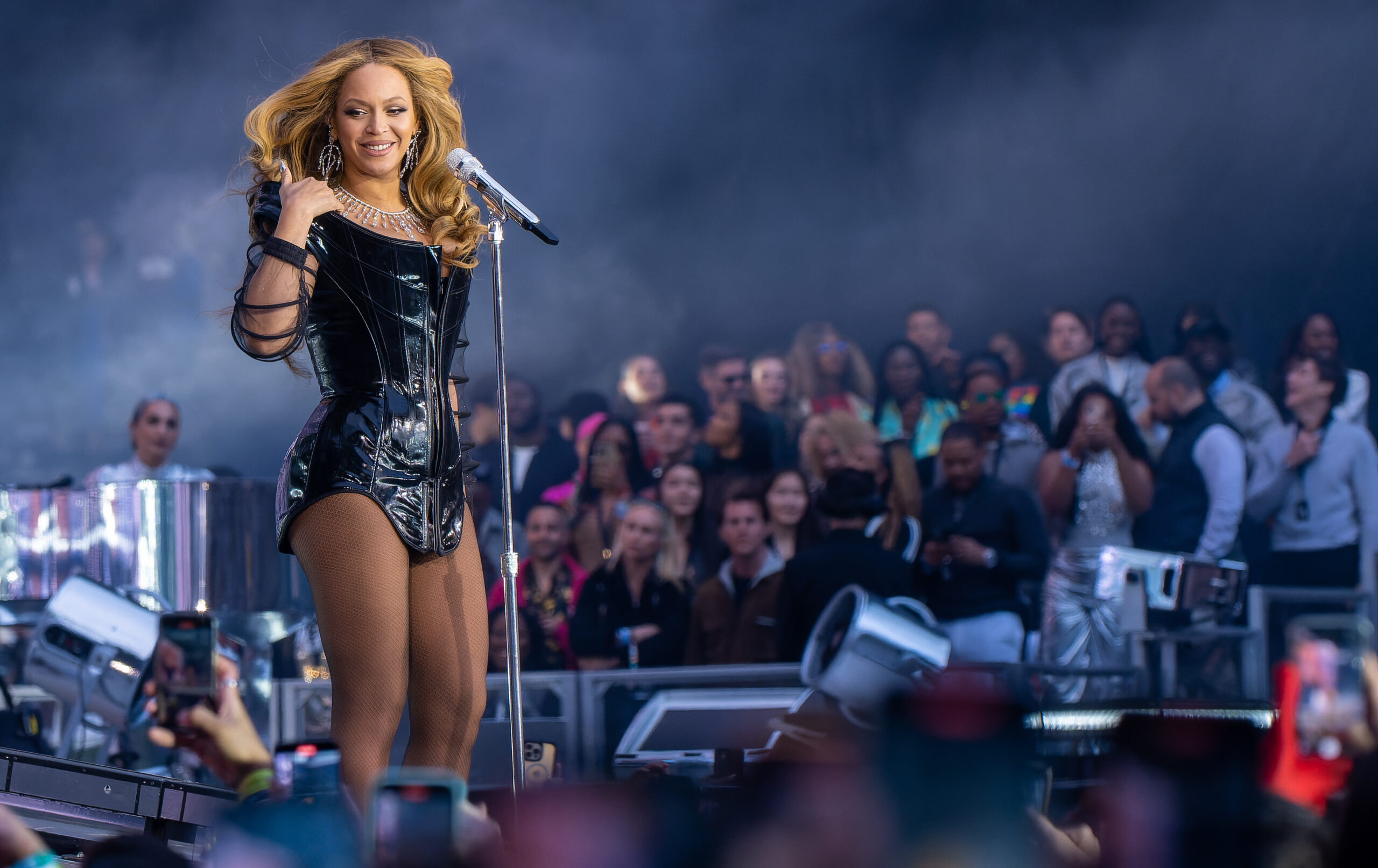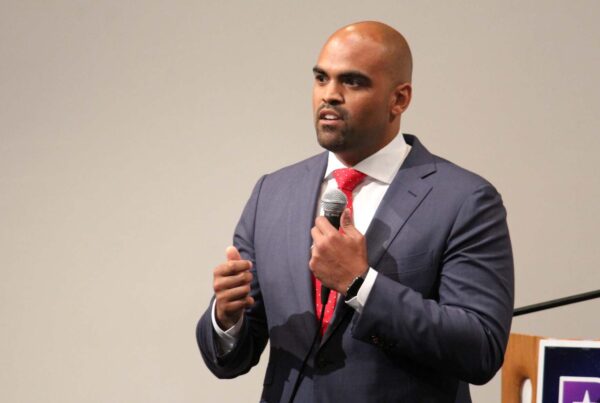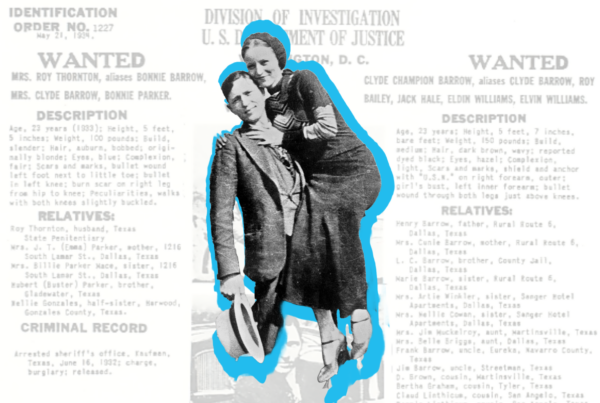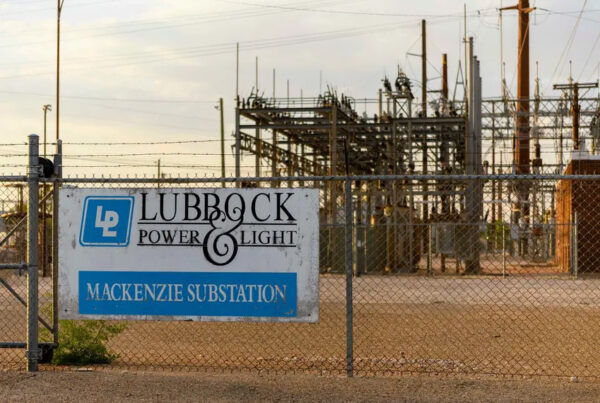Beyoncé dropped new music during the Super Bowl on Sunday to the surprise and delight of many fans.
Though the “surprise drop” is not new to mega stars like Beyoncé, it was her choice of genre that seemed to come to so many as the big surprise. It’s a sound that suggests Beyoncé is coming home to her Texas roots, and she’s positioned to top the charts once again.
But how ready is the mainstream country music industry for a Beyoncé country album?
Texas Standard spoke with Francesca Royster, author of the book “Black Country Music: Listening for Revolutions“ on the impact Beyoncé can have on the country music industry. Listen to the interview above or read the transcript below.
This transcript has been edited lightly for clarity:
Texas Standard: Beyoncé certainly set the internet on fire. What was your reaction to what you heard?
Francesca Royster: Well, super excited. I mean, even before I knew that Rhiannon Giddens was playing on “Texas Hold ‘Em,” I thought, “wow, she’s playing with these really interesting, really undeniably country music sounds and instrumentation.”
And I really like the two different moods of the two songs that she’s dropped. To me, it kind of speaks to the range of what “Renaissance II” is going to be and what I hope it will be.
And of course, the fact that she used Rhiannon Giddens. Maybe you could say a little bit more about her.
Yes. Well, she’s someone who I so admire.
You know, a Pulitzer Prize-winning artist who has been really instrumental in getting people in the general public to think about the role of the banjo in country music and Black contributions to it. Really also reviving traditions of banjo playing in her groups, Songs of Our Native Daughters and the Carolina Chocolate Drops.
So she’s just been a really outspoken person about the ways that Black music, Black storytelling is so important to country music and to popular music in general.












